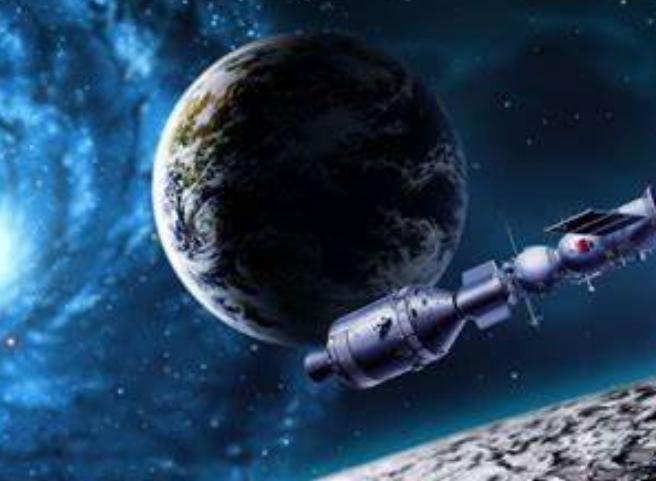For centuries, humanity has looked to the stars with a mix of wonder and ambition. Today, that dream is becoming a reality, thanks to rapid advancements in space technology. From reusable rockets to plans for Mars colonization, the space industry is undergoing a renaissance, driven by both government agencies and private companies. This new era of space exploration is not just about reaching new frontiers—it’s about solving problems on Earth, inspiring innovation, and redefining what it means to be human. This article explores how space technology is expanding our horizons and shaping the future.
One of the most significant breakthroughs in recent years has been the development of reusable rockets. Companies like SpaceX have revolutionized space travel by creating rockets that can land back on Earth and be used again, dramatically reducing the cost of launching payloads into space. This innovation has opened the door to a new era of space exploration, making it more accessible and sustainable. For example, reusable rockets are enabling the deployment of satellite constellations that provide global internet coverage, bridging the digital divide and connecting remote communities.
Satellites are another area where space technology is making a profound impact. From weather forecasting to disaster management, satellites provide critical data that helps us understand and respond to challenges on Earth. For instance, satellite imagery is used to monitor deforestation, track wildfires, and even predict crop yields. In disaster zones, satellites can provide real-time information to coordinate rescue efforts and deliver aid. These applications are not just improving life on Earth—they’re saving lives.
The dream of human colonization of other planets is no longer confined to science fiction. NASA’s Artemis program aims to return humans to the Moon by the mid-2020s, with the goal of establishing a sustainable presence there. Meanwhile, companies like SpaceX are working on plans to send humans to Mars within the next decade. These missions are not just about exploration—they’re about ensuring the long-term survival of humanity by making us a multi-planetary species. The challenges are immense, from developing life-support systems to protecting astronauts from radiation, but the potential rewards are even greater.
Space technology is also driving innovation in other industries. The extreme conditions of space require cutting-edge solutions, many of which have applications on Earth. For example, advancements in materials science for spacecraft have led to lighter, stronger materials used in everything from airplanes to medical devices. Similarly, research into growing food in space is helping us develop sustainable agriculture techniques that could address food security challenges on Earth. The ripple effects of space technology are far-reaching, touching nearly every aspect of our lives.
Beyond practical applications, space exploration has a unique ability to inspire. The iconic “Earthrise” photo taken during the Apollo 8 mission changed the way we see our planet, fostering a sense of global unity and environmental awareness. Today, missions like the James Webb Space Telescope are expanding our understanding of the universe, sparking curiosity and wonder. Space exploration reminds us of what’s possible when we push the boundaries of human knowledge and capability.
However, the rapid growth of the space industry also raises important ethical and regulatory questions. The increasing number of satellites in orbit has led to concerns about space debris and the potential for collisions. There are also questions about the ownership and use of extraterrestrial resources, such as water on the Moon or minerals on asteroids. Addressing these challenges will require international cooperation and thoughtful regulation to ensure that space remains a shared resource for the benefit of all.
Space technology is no longer the domain of a select few—it’s a global endeavor that’s expanding humanity’s horizons in ways we’re only beginning to understand. From reusable rockets to Mars colonization, the possibilities are as vast as the universe itself. As we venture further into the cosmos, the challenge will be to ensure that space exploration is conducted responsibly and equitably, benefiting all of humanity. The stars are no longer out of reach—they’re the next frontier, and we’re just getting started.
